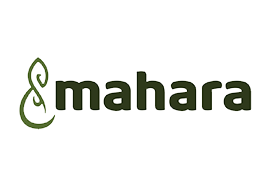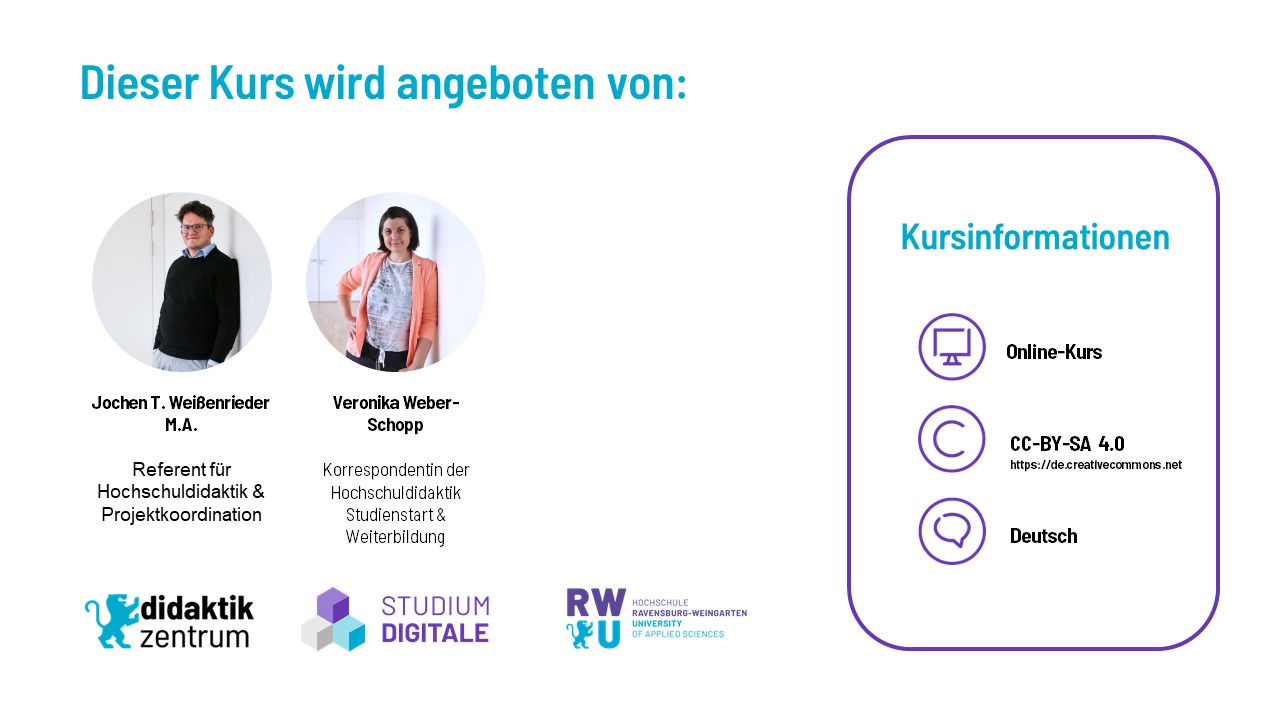MaharaMeistern
-
MaharaMeistern
Belegbar für alle Studierenden. Anmeldung über jochen.weissenrieder@rwu.de-

MaharaMeistern 
1MicroUnit á 8h

Badge + Zertifikat

Einsteigerinnen und Einsteiger

Kostenlos
Überblick
Willkommen beim MicroCredential: MaharaMeistern!
Dieser MicroCredential richtet sich vornehmlich an Studierende, die innerhalb ihres Studiums eine Mahara Ansicht erstellen sollen.
Sie haben in diesem MicroCredential die Möglichkeit sich in Mahara auszuprobieren und sich spielerisch das Tool anzueignen.
Mahara bietet aber auch unabhängig eines Kurses innerhalb Ihres Studiums die Möglichkeit Ihr Prüfungs- und Lernportfolio elektronisch zu begleiten und zu erweitern. Der Schwerpunkt wird dabei auf dem Erstellen einer speziellen Ansicht für Ihren Kurs oder MaharaMeistern stehen.
Durch kleine Videotutorials und Textanweisungen versuchen Sie sich selbst in der E-Portfolioplattform und können letztlich eigene Ansichten erstellen und diese mit Personen oder Gruppen teilen.
Sie werden durch den Kurs MaharaMeistern zum echten Mahara Meister.
Inhalte des Kurses
Welcher Inhalt erwartet Sie?
-
Lernvideos und schriftliche Anleitngen zur Bedienung und den Umgang der Online Plattform Mahara.
-
Selbsttest zur Überprüfung des eignen Könnens.
-
Erstellen einer Ansicht für Ihren Kurs oder den MC Mahara Meistern.
-
Abgabe der erarbeiteten Ansicht.
Lernziel
Was werden Sie erreichen?
Nach Abschluss des MicroCredentials können Sie:
-
Umgang mit der E-Portfolio Plattform Mahara.
-
Handhabung und erstellen einer eigenen Ansicht für Ihren Kurs.
-
Anlegen von Lernmaterialen im Austausch mit KommilitonInnen.
-
Möglichkeit(en) der Selbstreflexion.
-
Anlegen eines Lerntagesbuches.
Voraussetzungen
Welche Voraussetzungen benötigen Sie?
Anmeldung bei der Onlineplattform Mahara über das Moodleportal der RWU.
Kursanbieter
Wer bietet dieses MicroCredential an?
Die Hochschuldidaktik der RWU, hier speziell Herr Jochen T. Weißenrieder bietet den Kurs Mahara Meistern an. Darüber hinaus finden Sie für Fakultät T und Fakultät S auch Frau Veronika Weber-Schopp sowie Frau Irena Schreyer als Ansprechpartnerinnen.
Jeden Dienstagnachmittag findet dafür eine offene Sprechstunde von 13.00 - 15.00 Uhr im K Gebäude (Lerncafé) statt.
Bei spezifischen oder eiligen Fragen kontaktieren Sie bitte Herrn Jochen T. Weißenrieder unter seiner Emailadresse: jochen.weissenrieder@rwu.de.
 CC Lizenz: https://de.creativecommons.net/was-ist-cc/
CC Lizenz: https://de.creativecommons.net/was-ist-cc/ -
-
Jetzt teilnehmen und im MicroCredential MaharaMeistern einschreiben
-